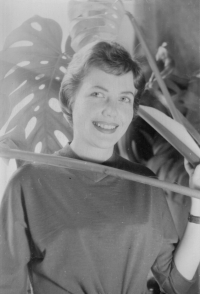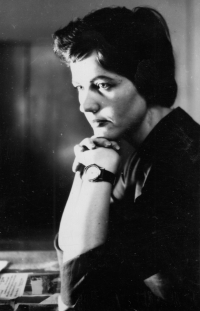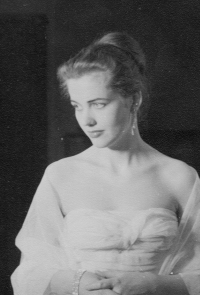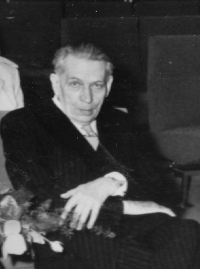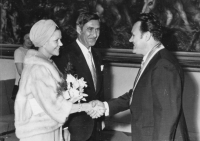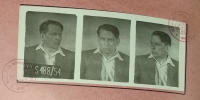You must not show weakness, her father told her before the arrest. She didn’t give in to the State Security officers afterwards.

Download image
Anna Wernardová, née Kadlecová, was born on 7 January 1936 in Prague. Her father, JUDr. Bohdan Kadlec, worked as an attorney in Libochovice, where she grew up, and then in Litoměřice. After the war, he became an influential politician of the Social Democrats, leading the district party organization. He publicly spoke out against the Communists, and in the party he opposed the pro-Communist Zdeněk Fierlinger. After the so-called Victorious February he refused to emigrate and his family faced persecution. In 1954, Bohdan Kadlec was sentenced to ten years in prison by the Communists in a mock trial. He went through prisons in Leopoldov, Valdice and Mírov. He was released in 1962. During his imprisonment, he suffered three heart attacks. The witness refused to cooperate with State Security (StB) in exchange for her father’s freedom. She worked as a typist at the water administration. In 1973, she married for the second time and emigrated to West Germany to join her husband. After the Velvet Revolution she returned to the Czech Republic and worked as a secretary in a private company. In 2024 she lived in Ústí nad Labem. We were able to record her story thanks to support from the town of Litoměřice and the Ústí nad Labem Region.
